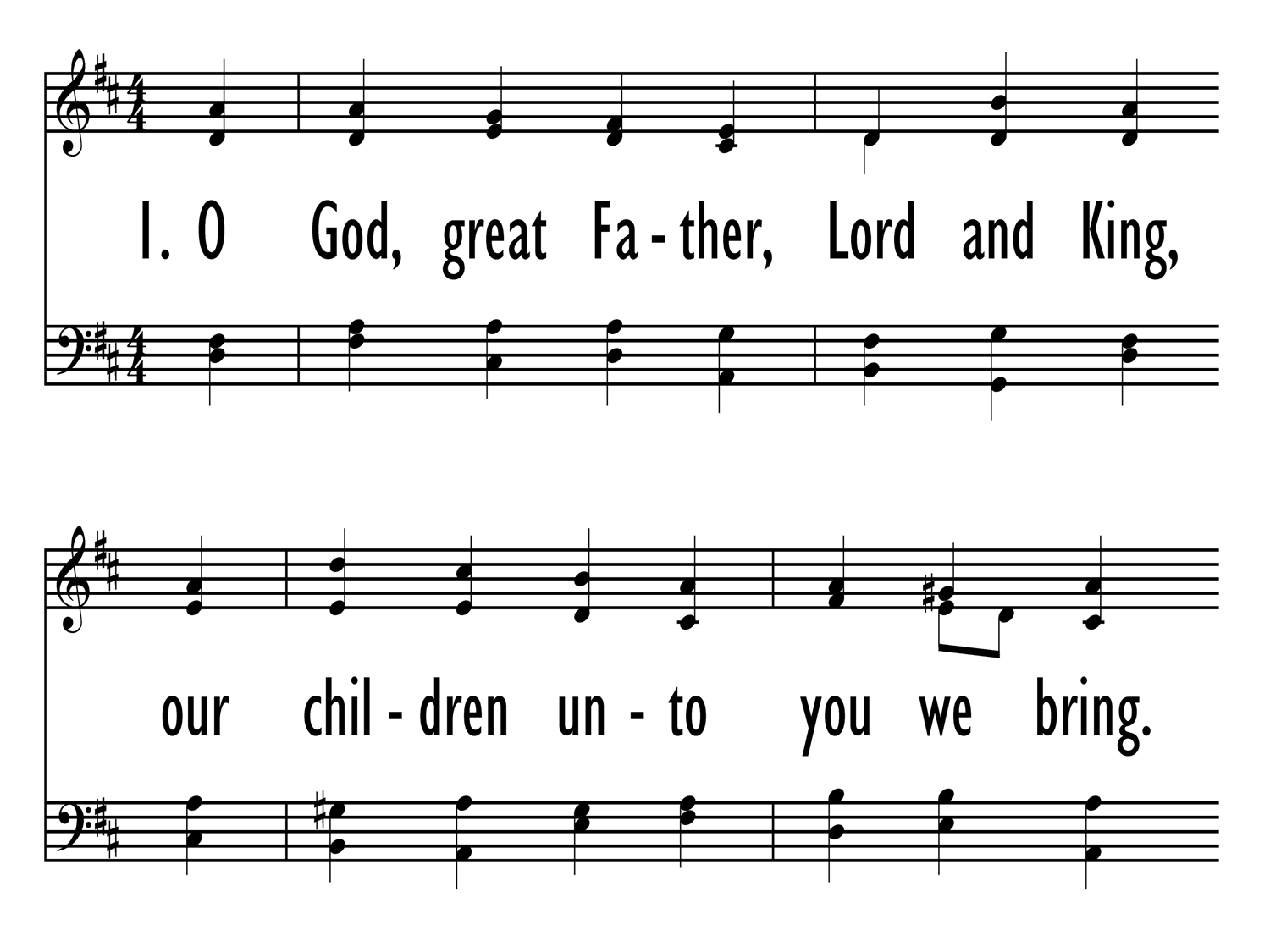- |
User Links
How Blest Are Those Who Fear the LORD
Hymn Information
- First Line
- How blest are those who fear the LORD
- Text Source
- <i>Psalter</i>, 1887; rev. <i>Psalter Hymnal</i>, 1987
- Tune Name
- MELCOMBE
- Composer
- Samuel Webbe (1782)
- Topic
- Culture, Community & Nation · God's: Wisdom · Wisdom
Copyright Information
- Text Copyright
- © Faith Alive Christan Resources
- Tune Copyright
- Public Domain
- Reprint/Projection Information
- Words: Permitted with a license from CCLI.com or from OneLicense.net. If you do not own one of these licenses, please contact the copyright holder for permission.
- Music: The Music is in the Public Domain; you do not need permission to project or reprint the Music.
Scripture References
- · ·
Thematically related:
- st. 1 =
- st. 2 = · ·
- st. 3 =
- st. 4 =
- st. 5 =
- st. 6 =
Further Reflections on Scripture References
The second of the eight "hallelujah" psalms (111-118), 112 was probably composed in the post-exilic period by a priest or Levite for temple worship. In structure and theme it is a poetic twin of Psalm 111, but while 111 sings the praise of the righteous God, 112 eulogizes the righteous one who fears the LORD. The opening and closing verses frame the development of the main theme by contrasting the blessedness of the righteous (v. 1; st. 1) and the unhappy end of the wicked (v. 10; st. 6)–a common theme in Old Testament wisdom literature (see also 1, 34, 37, 49, and 73). The psalmist notes that the children of the righteous share in "their great reward" (st. 1) and that prosperity comes to the merciful and pure (st. 2). Those who befriend the weak find peace and a good name (st. 3), and those who trust in God have security from all their foes (st. 4). The righteous are generous to the poor and are "lifted high in honor" (v. 9; st. 5), but the wicked and their ways will come to nothing (st. 6). The (altered) versification of this wisdom psalm comes from The Book of Psalms (1871), a text-only psalter that was later published with music in the 1887 Psalter.
Psalter Hymnal Handbook
Confessions and Statements of Faith References
Further Reflections on Confessions and Statements of Faith References
Any song or testimony about the cries that comes from our nations and cities must be met with confessional statements about the mission of the church as listed here.
Our World Belongs to God, paragraphs 41-43 are explicit and pointed about the mission of the church: “In a world estranged from God, where happiness and peace are offered in many names and millions face confusing choices, we witness—with respect for followers of other ways—to the only one in whose name salvation is found: Jesus Christ.”
Later, Our World Belongs to God, paragraphs 52-54 point to the task of the church in seeking public justice and functioning as a peacemaker: “We call on our governments to work for peace and to restore just relationships. We deplore the spread of weapons in our world and on our streets with the risks they bring and the horrors they threaten…”
The Belhar Confession, section 3 calls the church to be a peacemaker, and section 4 calls the church “to bring about justice and true peace.”
Our Song of Hope, stanza 10 calls the church to seek “the welfare of the people” and to work “against inhuman oppression of humanity.”
How Blest Are Those Who Fear the LORD
Additional Prayers
in your commandments we find life, and in your wisdom is true happiness.
Inspire us to live generously and to act justly,
so that our lives may reflect your love and righteousness,
and your name may be praised, through Christ our Lord. Amen.
How Blest Are Those Who Fear the LORD
Tune Information
- Name
- MELCOMBE
- Key
- D Major
- Meter
- 8.8.8.8


 My Starred Hymns
My Starred Hymns






